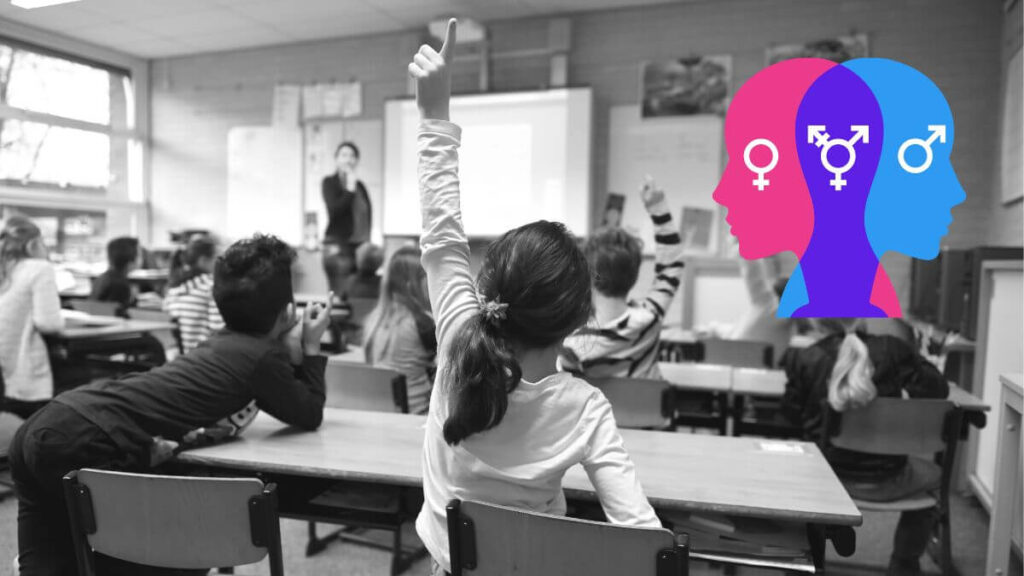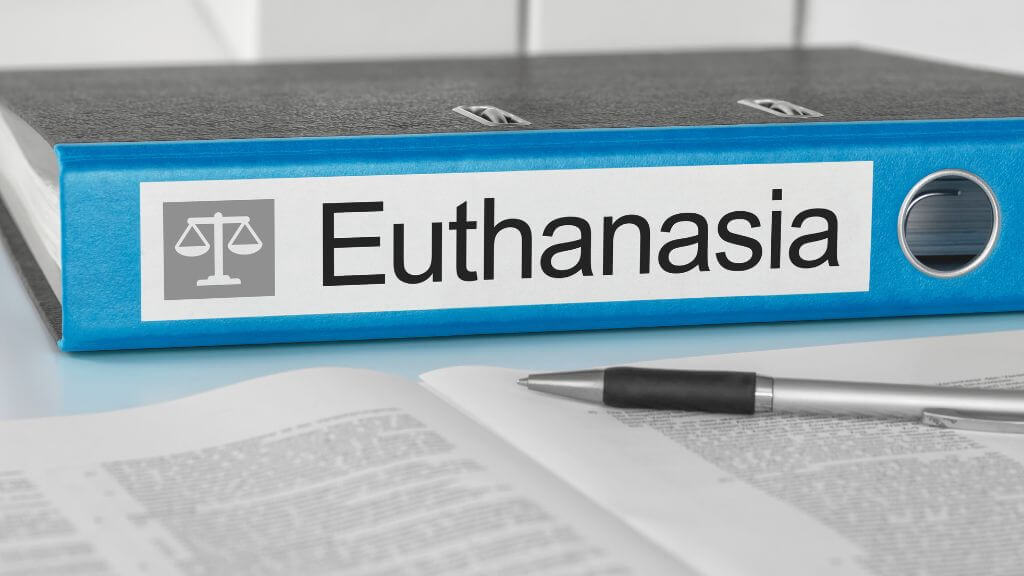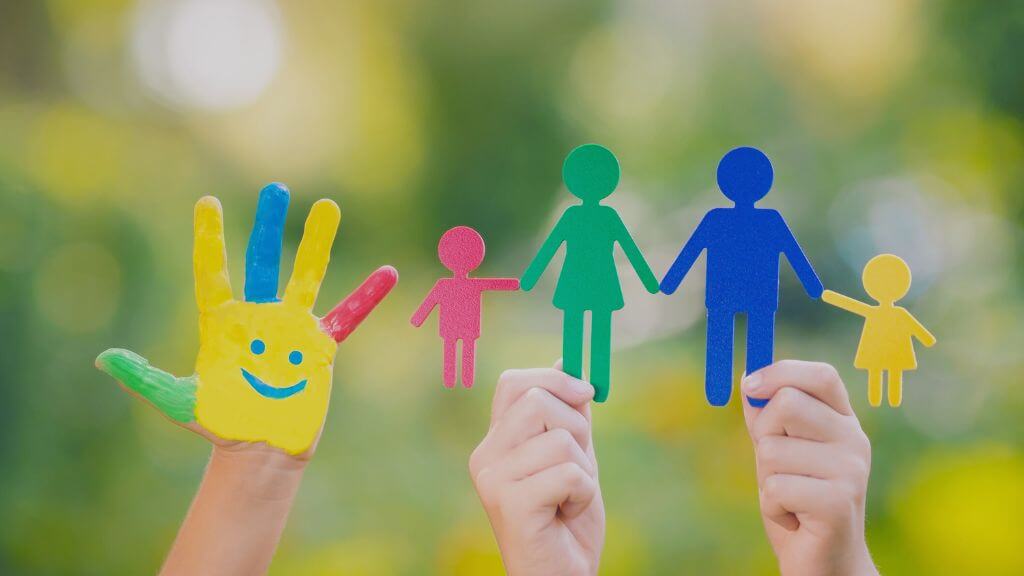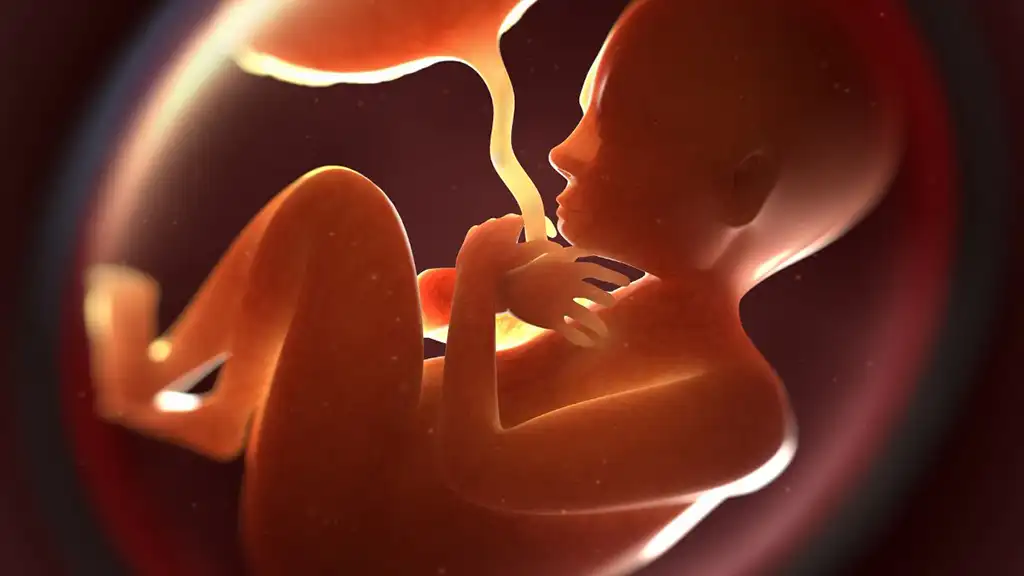We’re pleased to see the National Party stating that sex education in schools should be “age-appropriate”, and that be parents consulted on it. Leader Christopher Luxon has even gone on to say “the primary responsibility of parents should be to “do sex education in the home”. According to the Ministry of Education, relationships and sexuality education is part of the New Zealand Curriculum. We believe schools should only teach the “birds and the bees” (and where babies come from) based on biological truth rather than teaching sexuality and gender. Issues of sexuality and gender should be discussed in the home.
Here’s the full article by Chris Harrowell, Times Online …
The National Party believes teaching sex education to children is primarily the responsibility of parents.
Party leader and Botany MP Christopher Luxon expressed his party’s views on the subject when responding to a question from the audience at his recent ‘Get NZ Back on Track’ public meeting in east Auckland.
Following Luxon’s speech, he and Pakuranga MP Simeon Brown held a question and answer session with those in attendance.
One audience member asked about National’s “attitude toward sex education that’s being foisted on our kids”.
Luxon replied the primary responsibility of teachers is to “teach the basics well” and the primary responsibility of parents should be to “do sex education in the home”.
“We like it when parents also teach reading in the home and we’ve had a great tradition and history in this country of teaching sex education in schools quite successfully,” he said.
“Many of us would have gone through it at different times in our student life as well.”
He said he’s hearing from parents a lot about the issue and the problem is there’s “massive variability” in what’s being taught on the subject depending on the school, classroom, and teacher.
“That’s because the Government has had an old Curriculum and it’s got a new one coming, and it’s issued a heap of guidelines in the intervening period and that’s caused confusion and a massive amount of variation.”
National’s answer to the problem is simple, Luxon said.
“We want a well-defined Curriculum, we want it age-appropriate, and we want parents consulted on it.
“And then parents still having the choice that if they want to withdraw their kids from it they can.
“I think it’s a pretty simple way [of addressing it].”
According to the Ministry of Education, relationships and sexuality education is part of the New Zealand Curriculum.
It’s provided a set of guidelines to schools to assist in the preparation and delivery of sex education to pupils.
A 2020 ministry document entitled Relationships and Sexuality Education Years 1-8: A guide for teachers, leaders, and boards of trustees is an updated and “more focused” version of one first published in 2002 and revised in 2015.
“These newly revised guidelines have been designed to help schools adopt a whole-school approach to strengthening their programmes in relationships and sexuality education,” it states.
Under the heading “the school culture”, it states schools are encouraged to question gender stereotypes and assumptions about sexuality, including around gender norms, gender binaries, gender stereotypes and sex norms.
“For example, the assumption sex characteristics at birth are always male or female.”
The guidelines also state school cultures should acknowledge the “sexual diversity” of New Zealand communities.
It says the school’s culture should recognise and “actively support” the rights of those who identify as takatapui, which is te reo for an intimate companion of the same sex.
Other identities that should be recognised and supported, according to the ministry’s guidelines for children in years 1-8, include lesbian, gay, bisexual, queer, intersex, and transgender people.
Originally published here




